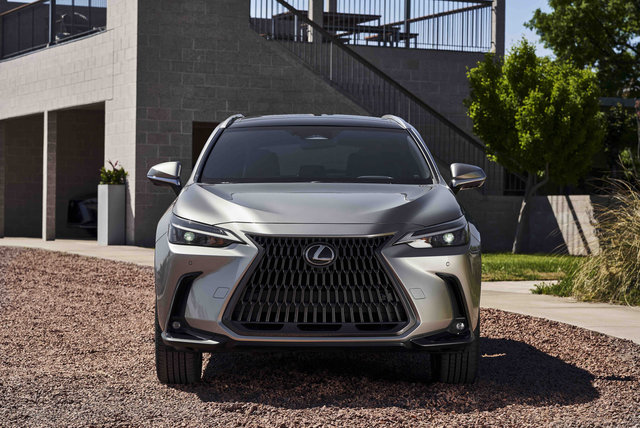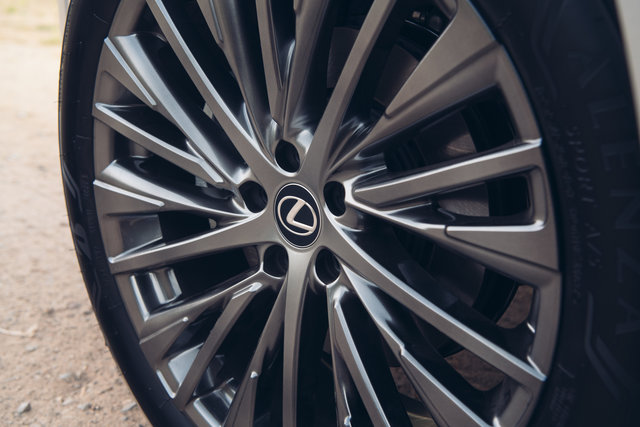When it comes to luxury vehicles, buying pre-owned can be an excellent way to get premium...

Lexus is known for its high-end performance and futuristic technology that blends luxury with sustainable, eco-friendly driving. The automaker's lineup features a range of hybrid and plug-in hybrid models that offer excellent fuel efficiency, reduced emissions, and an uncompromised driving experience. In this article, we'll dive into the differences between the hybrid and PHEV models of Lexus using the 2023 NX 450h+ (PHEV) and the NX 350h (Hybrid) as an example. We'll explore their unique features, performance, and how they compare with each other to help you decide which model to choose.
Hybrid Technology
The Lexus NX 350h Hybrid uses a combination of gasoline and electric power to operate, known as the Lexus Hybrid Drive system. This system is designed to combine the D4-S fuel injection 2.5-litre 4-cylinder gasoline engine alongside two electric motor generators to deliver powerful acceleration and superior passing performance. The combined output is 240 horsepower and 0-100 km/h in 7.4 seconds.
PHEV Technology
Lexus introduced a groundbreaking new plug-in hybrid vehicle (PHEV) system that debuted last year in the first-ever Lexus NX 450h+. This PHEV system embodies the essence of Lexus Electrified, delivering top-notch performance, luxury and the characteristic quietness of a PHEV model. This advanced system is powered by a newly developed high-capacity lithium-ion battery, enabling an impressive 58km range on electric power alone. The system's newly developed hybrid transmission is paired with a 2.5-litre inline 4-cylinder engine, delivering an impressive combined 304 hp and an estimated 0-100 km/h time of just 6.2 seconds.
Electric Driving Range
One of the significant differences between the hybrid and PHEV models is the electric driving range. The NX 350h utilizes both an electric motor and gasoline engine to work together or separately, depending on driving conditions, resulting in superior fuel efficiency due to the electric motor’s ability to power the vehicle at low speeds and the gasoline engine’s ability to provide high-speed power. In contrast, the NX 450h+ has a more potent battery that can provide up to 58 km of pure electric driving on a full charge. This makes it ideal for commuting or driving around town.
Fuel Economy
Both the hybrid and PHEV models are designed to offer exceptional fuel efficiency, but the PHEV version has a slight advantage. The NX 350h has an NRCan estimated fuel economy of 6.0L/100 km combined, which is impressive for an SUV. However, the NX 450h+ has a slightly higher estimated fuel economy of 6.6L/100 km when running on gasoline and an electric equivalent of 2.8Le/100 km when running on electricity.
In conclusion, the Lexus NX 350h and 450h+ offer two distinct driving experiences. The hybrid model is a great option for those looking for superior fuel efficiency, while the PHEV provides an extended electric driving range and improved fuel economy for short trips. Consider your needs when selecting between these models to find the one that best suits you.
If you would like more information or to learn more about the difference between those two technologies, one of our representatives would be glad to help you. Visit us to explore the advantages and features of each model, as well as test drive them both. With its advanced hybrid and plug-in hybrid technologies, Lexus offers a reliable and eco-friendly driving experience that is sure to impress.
Other Articles That May Interest You
The automotive industry is constantly evolving, with technological advancements redefining the...
Investing in high-quality tires is just the first step towards ensuring a safe and enjoyable...




